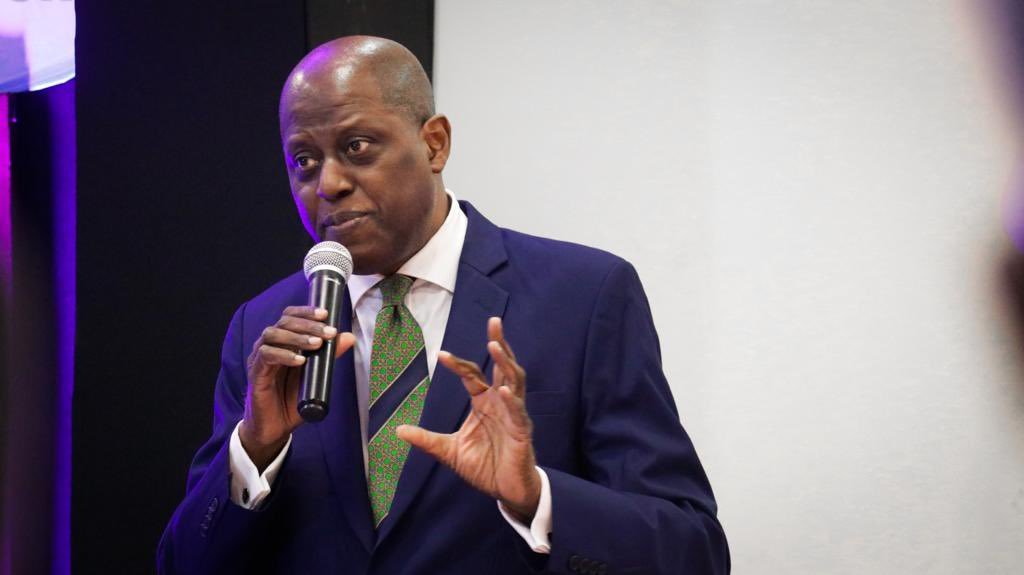N2.35 trillion worth of currency is held outside of banks – CBN

When compared to August 2023’s N2.29 trillion, the amount of money held outside of banks reached N2.35 trillion in September, an increase of 6.0 percent month over month (MoM).
This information was made public today by the Central Bank of Nigeria (CBN) in its Money and Credit Statistics statistics for September 2023.
This incorporates the effects of the Supreme Court’s decision to allow old N200, N500, and N1,000 notes to continue in use till December 31, 2023.
Currency-in-circulation, which increased MoM by 3.7 percent from N2.66 trillion in August to N2.76 trillion in September, also reflects the implementation.
Remember that controlling inflation and collecting extra currency outside the banking system were two of the main reasons the Federal Government designed the naira.
The information also revealed that bank credit to the private sector increased MoM by 4.8 percent to N58.6 trillion in September from N55.97 trillion in August.
Credit to the government, however, decreased MoM by 1.2 percent in September from N34.5 trillion to N34.1 trillion.
Due to these, Net Domestic Credit increased by 2.5 percent MoM in September, from N90.4 trillion to N92.7 trillion.
In recent years, the federal government has taken on significant debt to cover budget shortfalls that are primarily the result of recurrent expenses.
The Managing Director, Cowry Asset Management, Johnson Chukwu in a report titled:
“Nigeria’s Economic Landscape; an overview of third quarter 2023 (Q3’23)”, said that the recent foreign exchange harmonization and revaluation effort by the CBN has further exacerbated the cost of debt servicing.
He added:
“This is particularly concerning as Nigeria’s debt is denominated in both domestic and foreign currencies, rendering it vulnerable to external shocks, such as fluctuations in interest rates and exchange rates.
“Nigeria’s limited revenue base has remained a key driver of the escalating debt levels, which has raised apprehensions regarding the country’s ability to meet its debt obligations.
“Additionally, the high cost associated with servicing this debt has led to a substantial portion of government revenues being allocated to debt servicing.”
